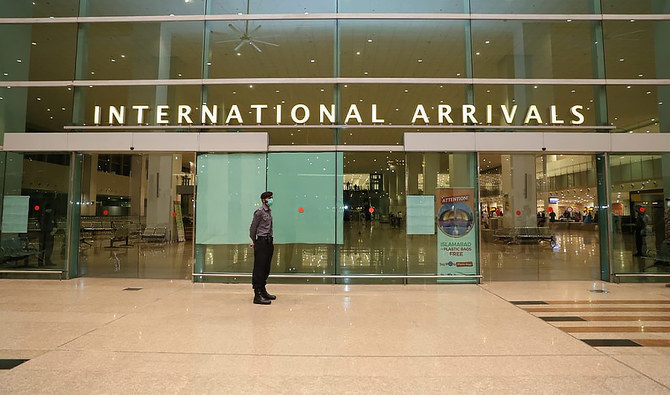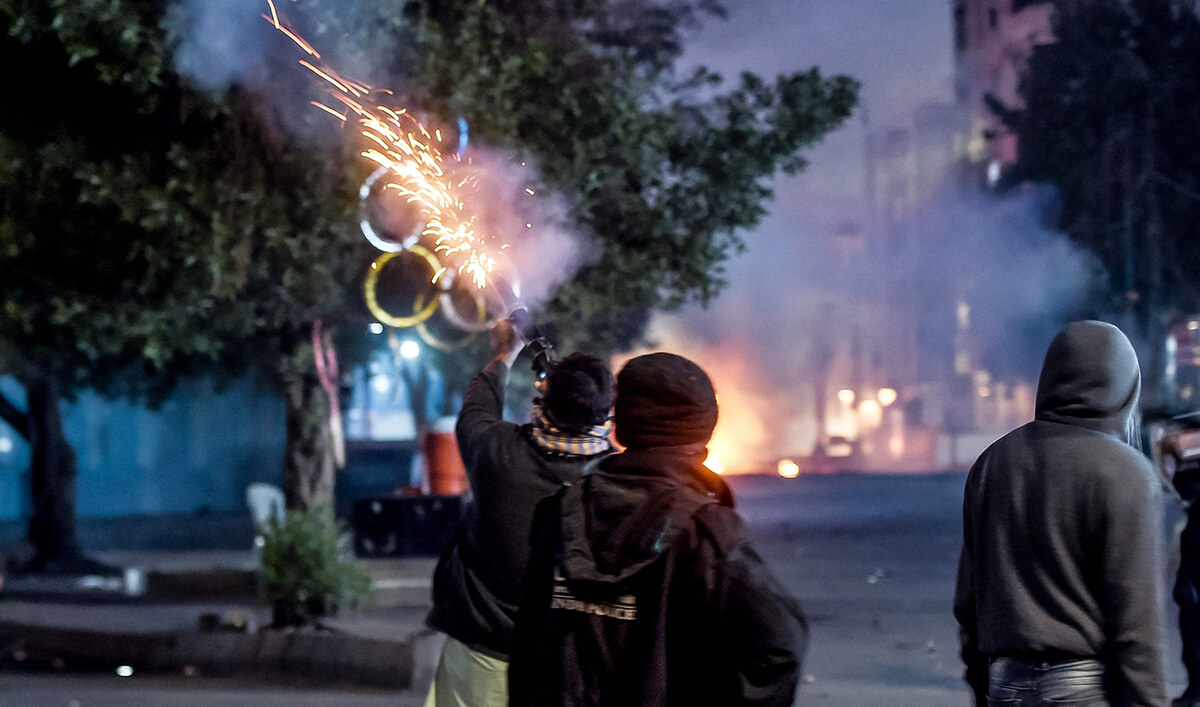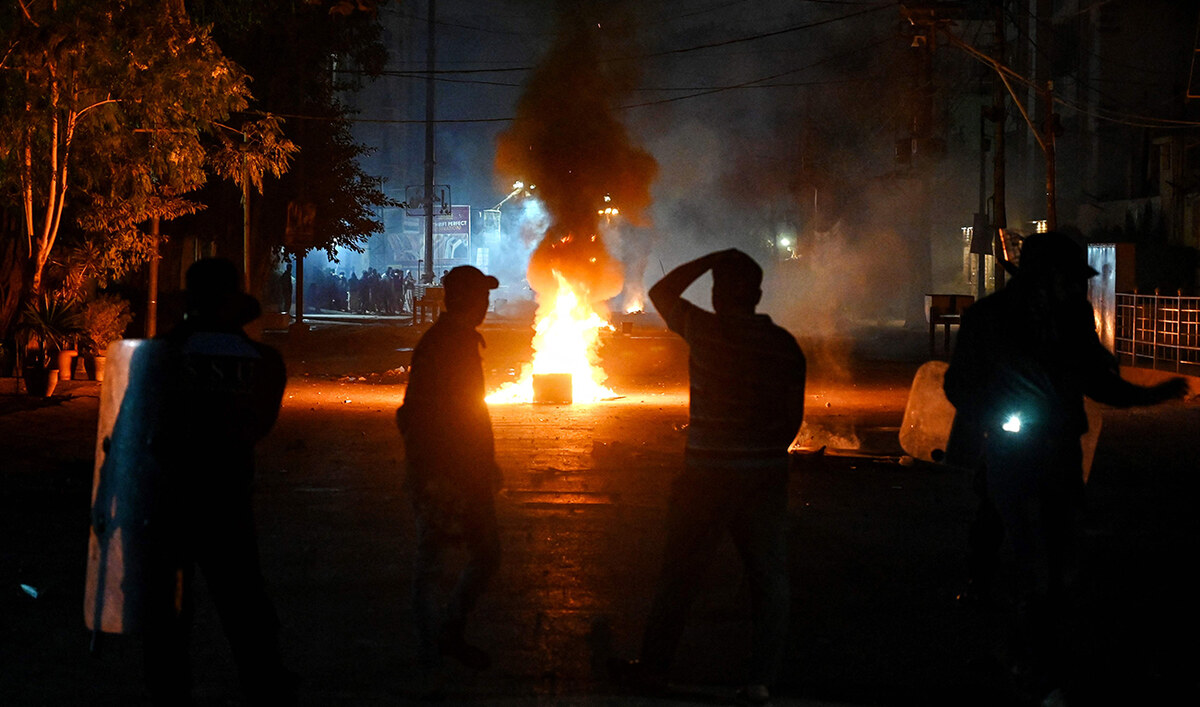ISLAMABAD: Pakistan on Monday banned flight arrivals from nine more countries over fears surrounding the spread of a new coronavirus strain, Omicron, the country's pandemic response body said.
Much remains unknown about Omicron, which was first detected in southern Africa last month and has been found in at least two dozen countries. Parts of Europe were already grappling with a wave of infections of the Delta variant before it emerged.
The World Health Organization (WHO) has urged countries to boost healthcare capacity and vaccinate people to fight a surge in COVID-19 cases driven by the Omicron variant, saying travel curbs could buy time but alone were not the answer.
Pakistan reported 10 deaths and 336 new coronavirus cases in the last 24 hours, according to official figures. The country has approved booster shots of coronavirus vaccines from December 1 and asked federating units to speed up their vaccination campaigns over Omicron fears.
The countries that Pakistan on Monday added to its ‘Category C’ list for travel, which means a "complete ban on inbound travel," are Croatia, Hungary, Netherlands, Ukraine, Ireland, Slovenia, Vietnam, Poland and Zimbabwe are the countries that have been added to the list.
South Africa, Lesotho, Eswatini, Mozambique, Botswana and Namibia as well as Hong Kong were already banned late last month.
"Essential travel from above mentioned countries would necessitate obtaining exemption certificate from exemption committee with following health protocols: 100% vaccination, manifestation as per obligatory vaccination regime," the NCOC said in a notification.
Both Pakistani and foreign passengers, aged 6 and above, would be required to have a negative PCR test report -max 48 hours old - before boarding a flight to Pakistan, according to the notification. Deportees would be exempted from PCR tests or the requirement of a report.
Passengers travelling via direct or indirect flights from ‘Category C’ countries will also have to take a rapid antigen test (RAT) upon arrival at the airport.
"RAT negative cases will be allowed to proceed," the notification read. "However, RAT negative cases from Omicron variant countries (South Africa, Mozambique, Lesotho, Eswatini, Botswana, Zimbabwe and Namibia) will have to undergo 3 days mandatory quarantine followed by PCR test to be conducted on the 3rd day by civil administration."





















